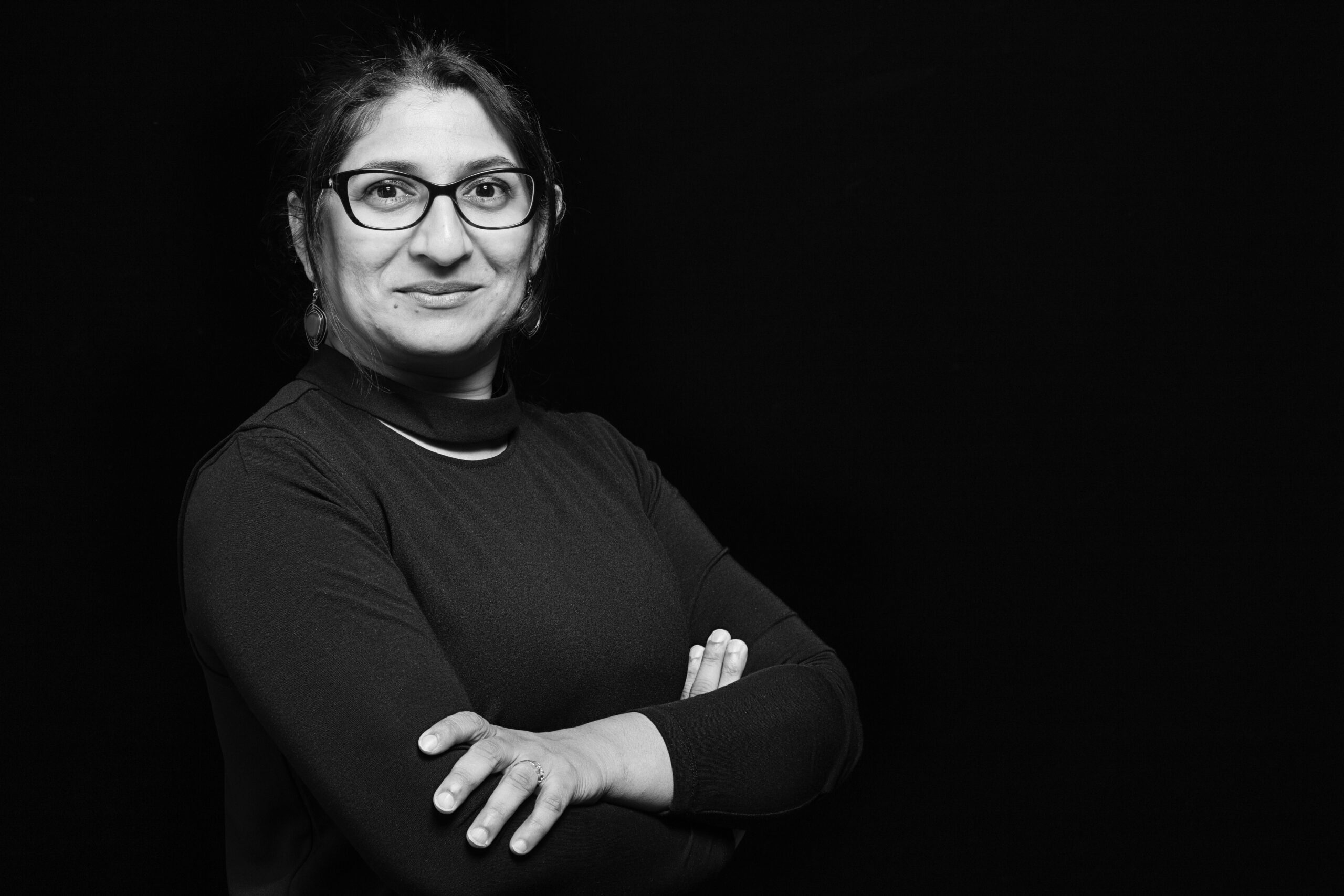Upali Nanda
Dr. Upali Nanda is EVP and Global Sector Director for Innovation at HKS, an international architectural firm where she oversees a range of innovation practices that work within, through and beyond the built environment for meaningful impact. Prior to her current role she served as the global research director for the firm and as the Executive Director for the non-profit Center for Advanced Design Research and Education. Dr. Nanda teaches as Professor of Practice at the Taubman School of Architecture and Urban Planning at University of Michigan and serves on the board of the Academy for Neuroscience for Architecture. She received her Bachelor’s degree in Architecture from School of Planning and Architecture, New Delhi, M.A. from National University of Singapore, and PhD in Architecture from Texas A&M University.
Dr. Nanda led the research arm of HKS from 2013- 2023 to bring evidence-based and culturally responsive approaches to building environments that support innovation, creative thinking, and brain health on an international scale. In addition to her book, Sensthetics: A Crossmodal Approach to Designing for the Senses, Dr. Nanda has published her work on designing sensory environments that support brain health and creative thinking extensively in peer-reviewed journals. In particular, her recent work has investigated the contributions of enriched environments to promoting creativity and brain health in an aging population. She has also examined the power of bringing art into healthcare spaces (particularly in the context of patient anxiety and waiting room behaviors) and creating “cocoon” spaces for individuals with sensory processing needs in otherwise-chaotic environments.
Dr. Nanda’s research has been awarded the AIA Upjohn Grant, European Healthcare Design Research Award, and Journal of Interior Design Scholarship Excellence award. Recently, Dr. Nanda was recognized with Architectural Record’s 2018 Women in Architecture Innovator Award and in a 2021 book of “The Women Who Changed Architecture” for her research on designing spaces that promote healthy behaviors.












